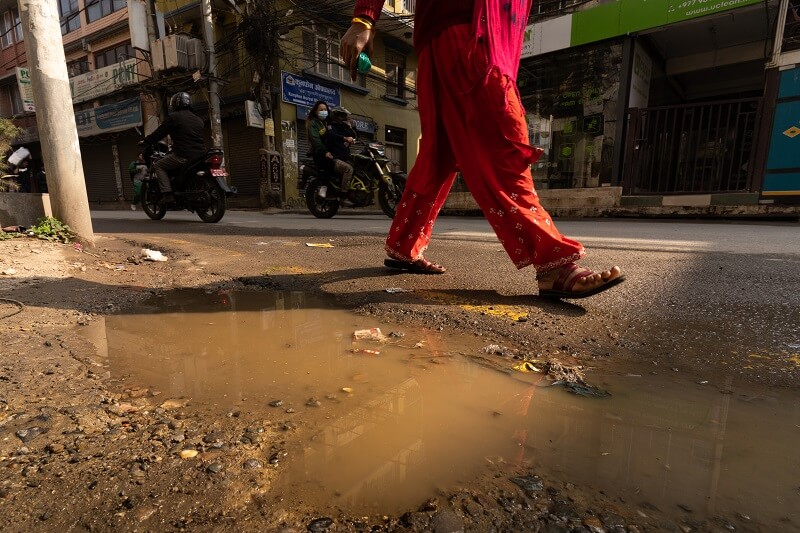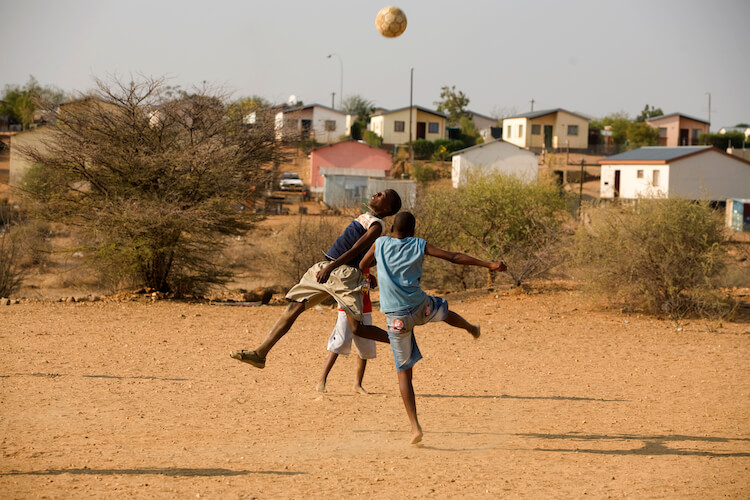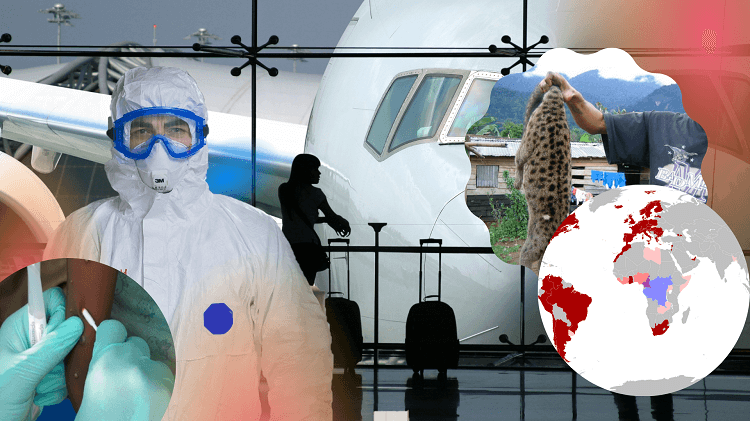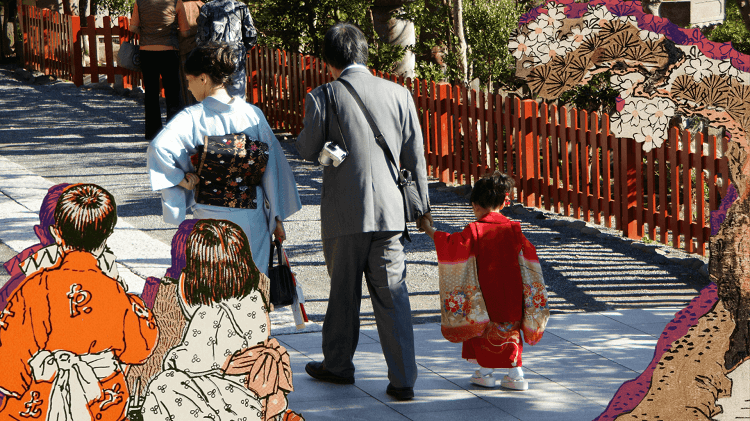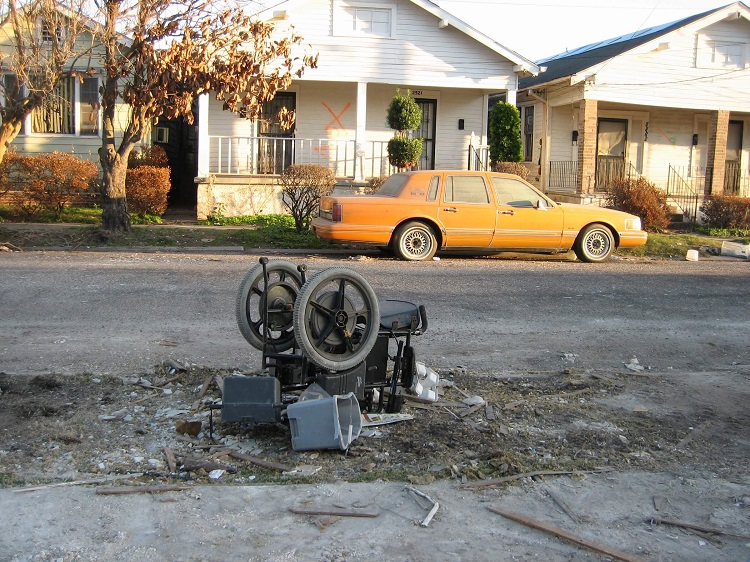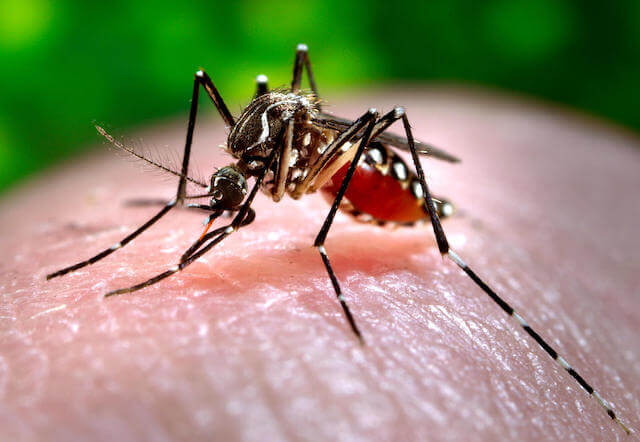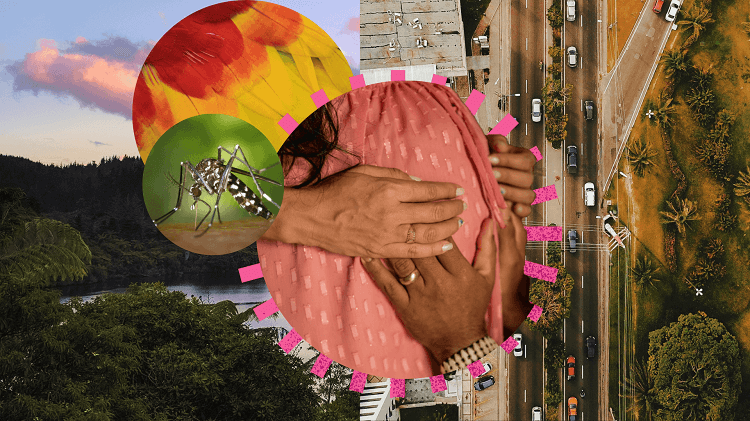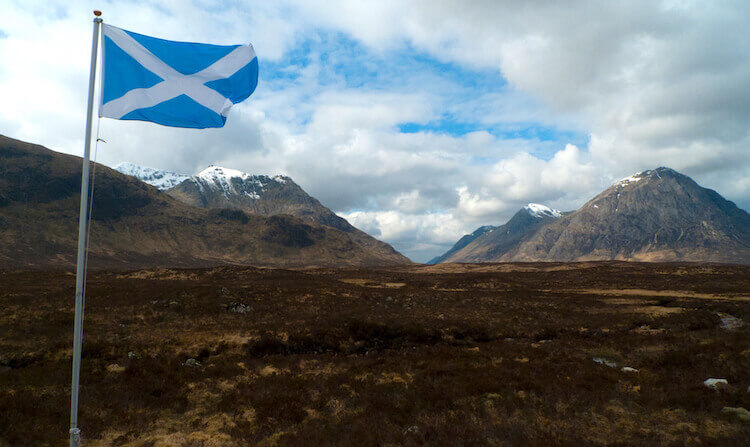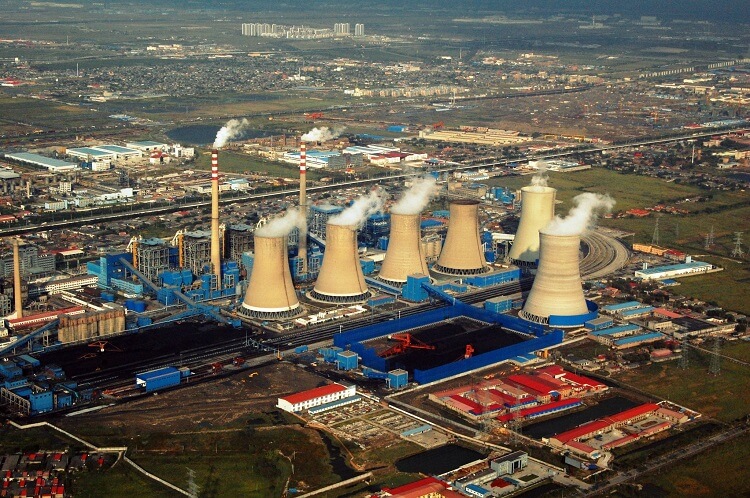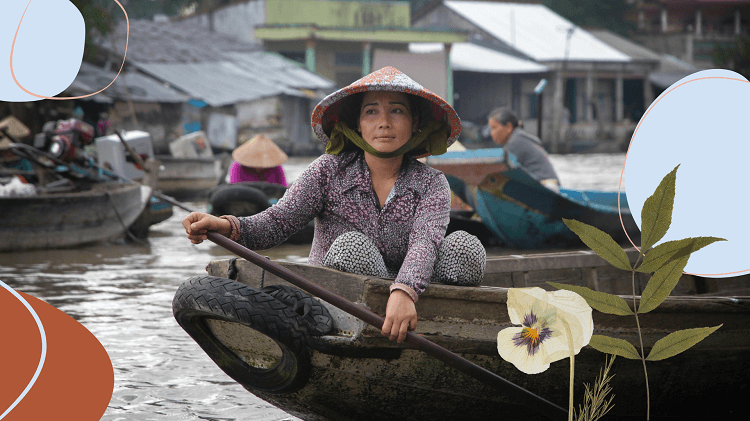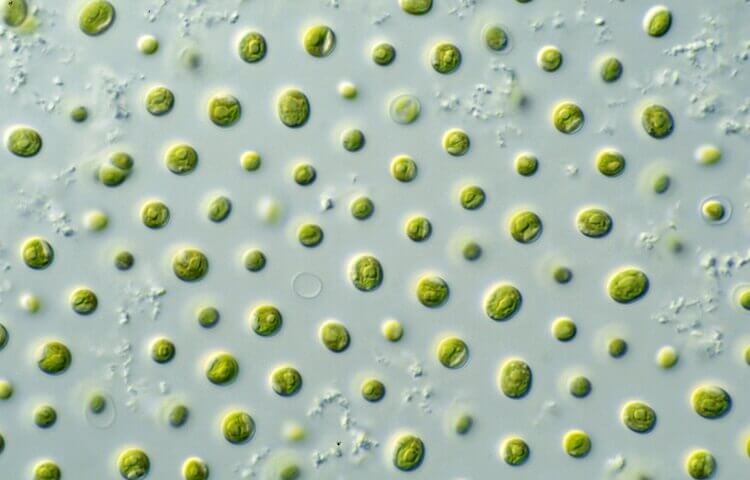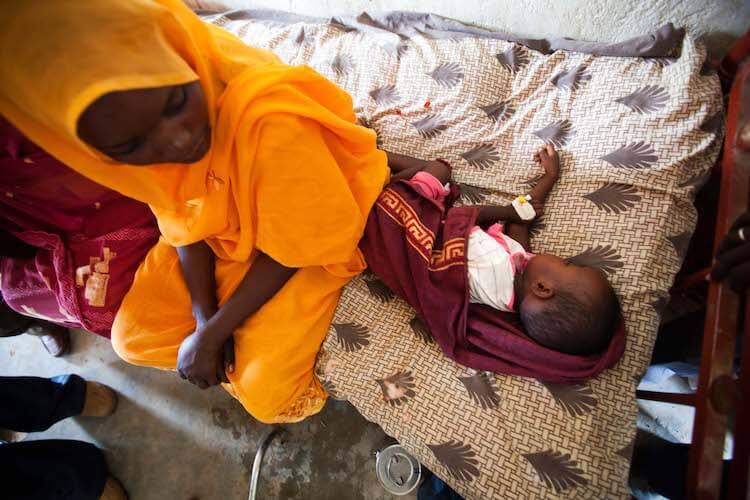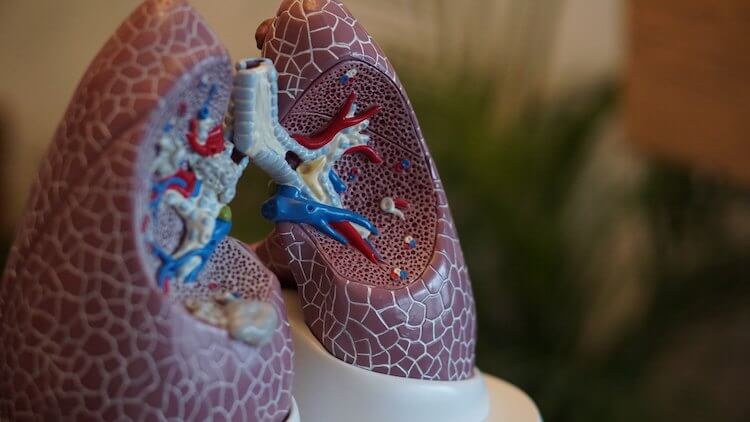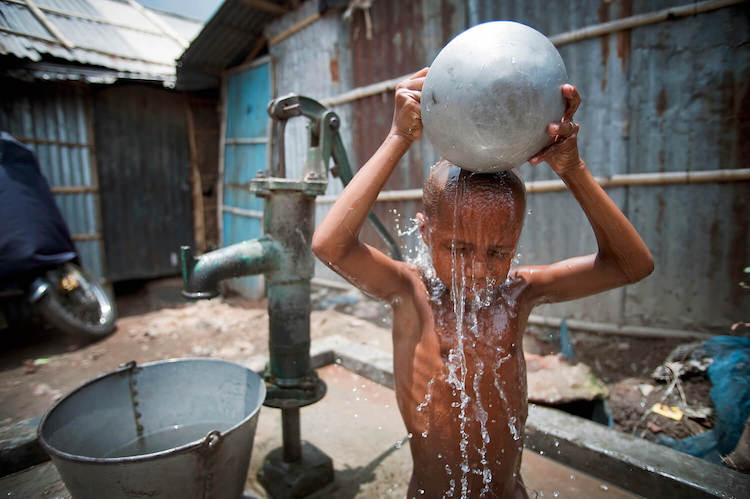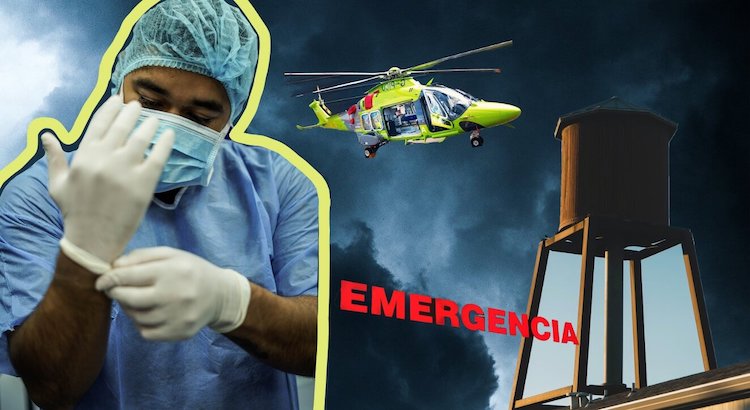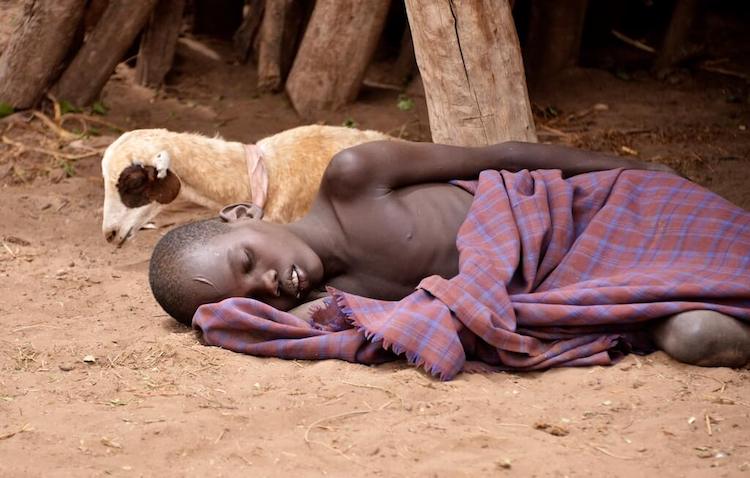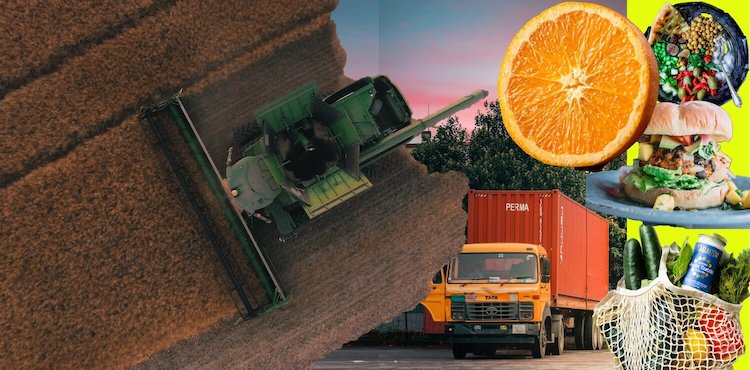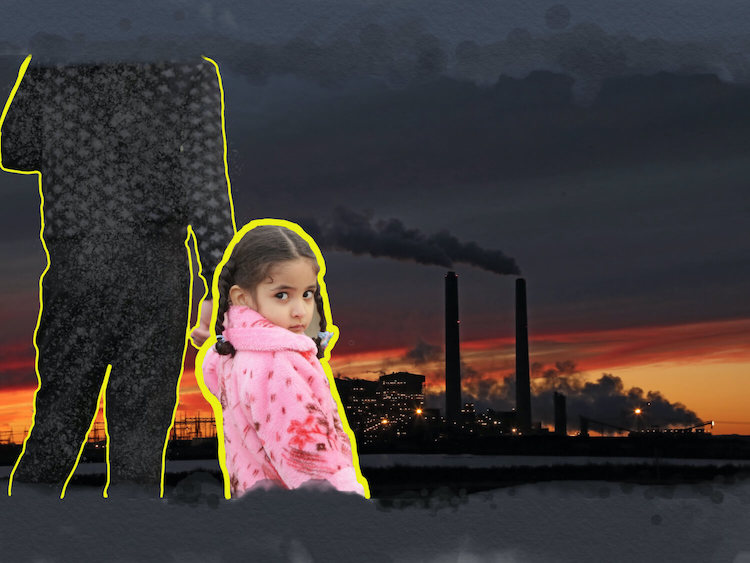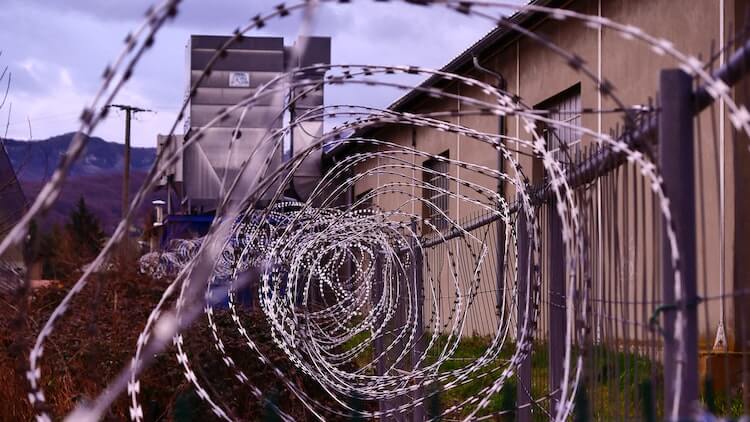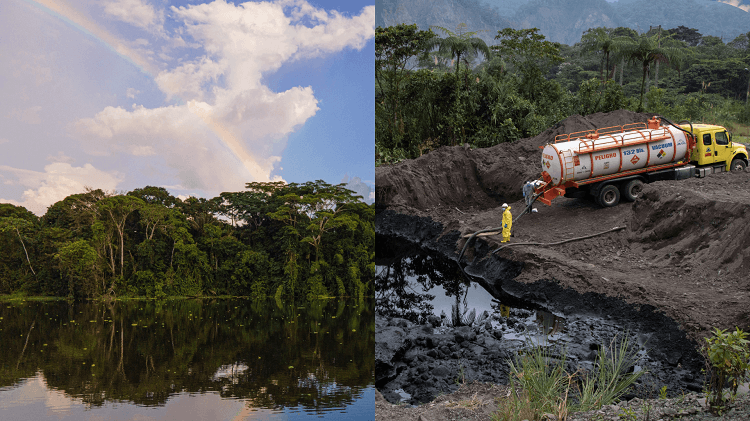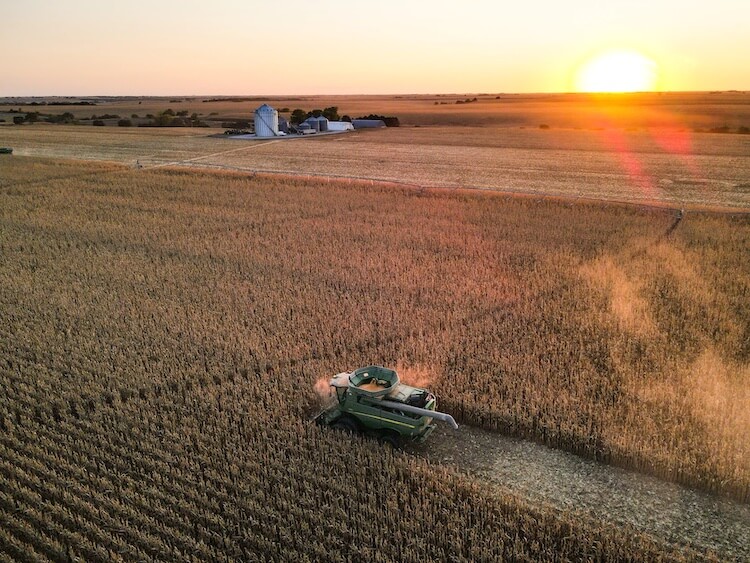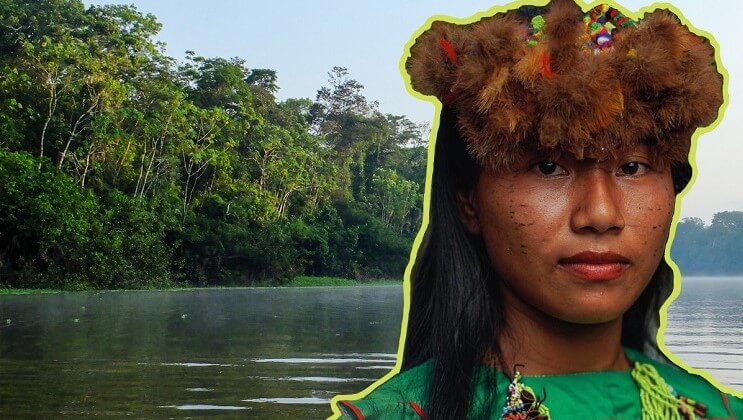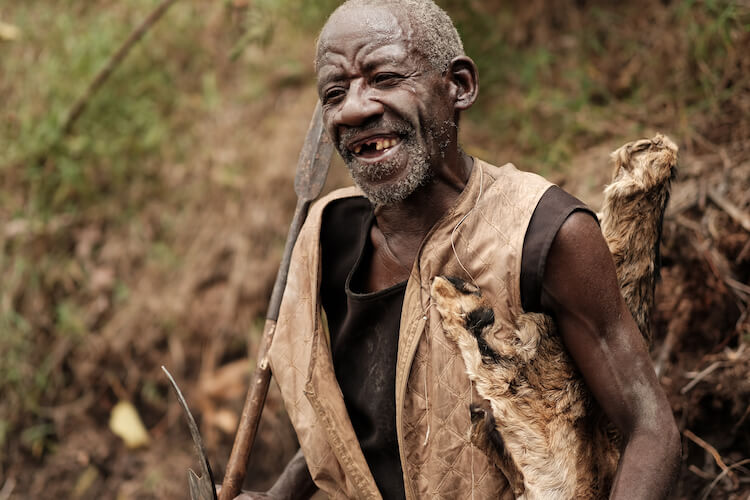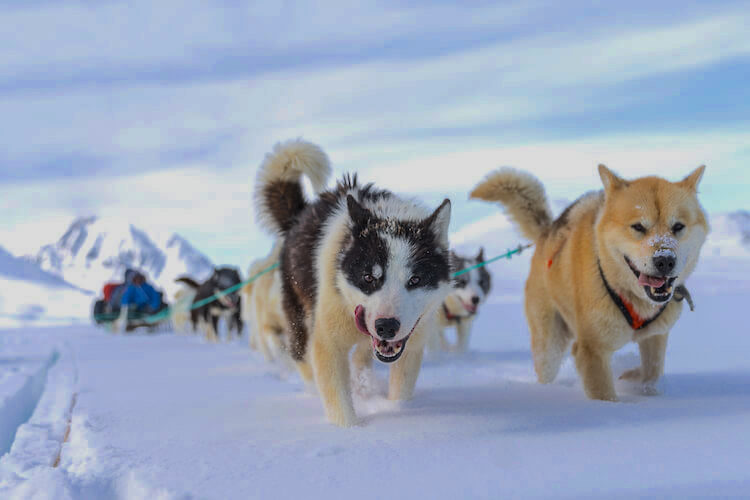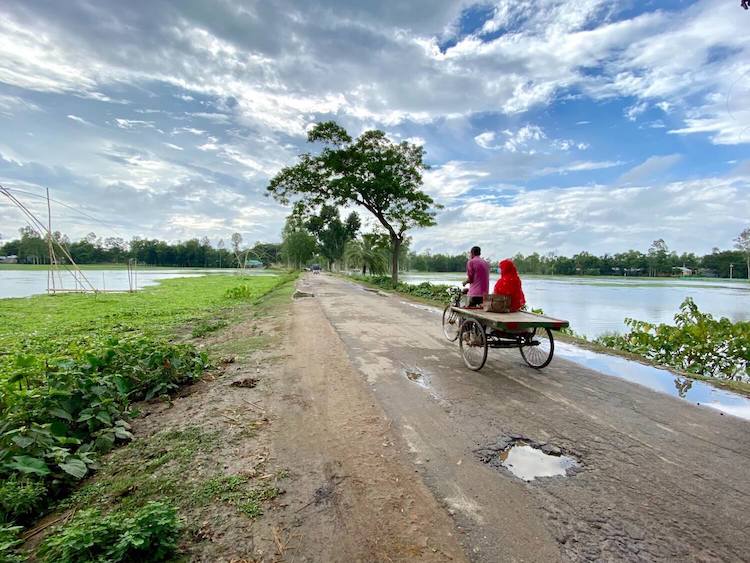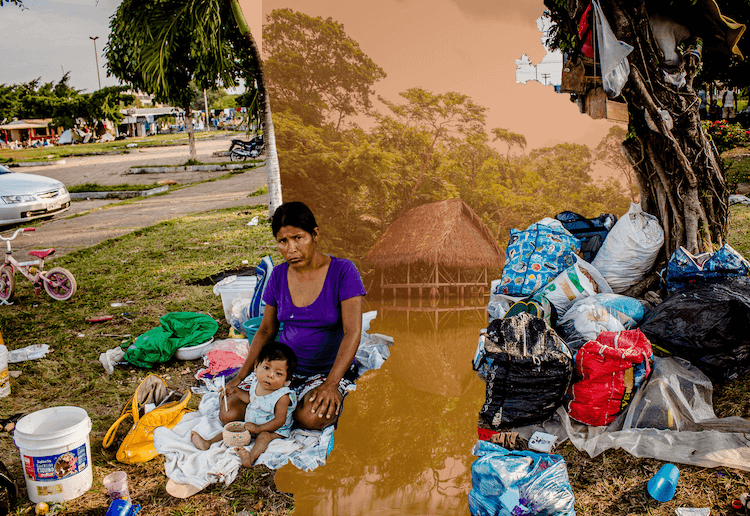The burden of indoor pollution affecting women in South Asia is underrepresented in the media
People | Human Health , September 19th, 2023
Inefficient cooking fuels can produce indoor pollution and may lead to pregnancy concerns, infertility and sterilisation for women. In South Asian countries such as India, Pakistan and Bangladesh, particularly in rural areas, this type of pollution poses a considerable threat to women's health.
Unprecedented rainfall may have impacted Nepal’s most devastating Dengue epidemic in years
People | Human Health , May 27th, 2023
After the unprecedented rainfall and flooding across South Asia in 2022, Nepal, a climate-vulnerable nation, experienced a devastating dengue epidemic. Similar to a ticking bomb, the mosquitoes were ready to breed in the warm and humid conditions of Nepal’s monsoon season.
Indoor air pollution disparately affects the health of Black and Hispanic girls
People | Human Health , April 16th, 2023
It is easy to forget that we are not out of reach of pollutants inside our homes. Research investigating polycyclic aromatic hydrocarbons (PAHs) in the Hudson Bay community, San Francisco, U.S. indicates that the public health concerns of these pollutants are notable to developing girls.
Kawasaki disease and the environmental agent hypothesis
People | Human Health , October 5th, 2022
The story of a rare heart disease in children shows us that a better understanding of the relationship between climate and disease is more important than ever. The cause of Kawasaki disease has remained a mystery, however researchers believe a causative environmental agent may be carried in the wind after being picked up from croplands in northeast Asia—through Japan and all the way to the West Coast of the United States.
Should ‘climate change’ be included on death certificates?
People | Human Health, August 28th, 2022
Our current system of death certification makes it difficult to monitor climate-related deaths, often leading to underestimates. Given that the impacts of climate change are only set to worsen, some suggest it is time to explicitly include ‘climate change’ on death certificates.
Monkeypox re-emerges as a result of climate change and deforestation
People | Human Health , July 20th, 2022
Just as the world begins to recover from the COVID-19 pandemic, a rare virus was identified as spreading in non-endemic countries, driving the World Health Organisation (WHO) to pay close attention. Now, monkeypoxㅡa zoonotic virus closely related to the virus that causes smallpoxㅡhas re-emerged in Europe. Once again, epidemiological experts call for the importance of safe sex practices to prevent the transmission of this infection.
Climate change is set to drive an increase in heat-related mortality
People | Human Health, July 8th, 2022
While not as conspicuously dangerous as hurricanes, floods, or snowstorms, heatwaves kill hundreds of thousands every year. Heatwaves that would once occur every 100 years will now occur every 10 years, so unless more robust mitigation and adaptation measures are put in place, climate change is set to drive a substantial increase in heat-related mortality.
Kawasaki disease: is the answer blowing in the wind?
People | Human Health , July 5th, 2022
The story of a rare heart condition in children shows us that a better understanding of the relationship between climate and disease is more important than ever. Studies carried out in Japan, where the highest incidence of this disease was first observed, indicate that there may be something carried by the wind that causes this condition.
Pollutants from pavements, driveways and parking lots are making their way into our homes
People | Human Health , May 28th, 2022
It is easy to forget that we are not out of reach of pollutants inside our homes. Notably, a chemical byproduct of combustion found in house dust poses potentially carcinogenic risks to our health. A recent study focused on how children may be exposed to this contaminant originating from pavements, driveways and parking lots, and how such pollutants make their way into our homes.
Indigenous traditional medicine knowledge is at risk of disappearing
People | Human Health, April 19th, 2022
The traditional medicine practices of Indigenous Peoples have the potential to benefit people globally and remain a crucial form of primary care for many. However, the knowledge and species involved in these healing methods are at risk of disappearing forever.
The intersections of disability in the face of disaster and climate activism
People | Human Health, March 14th, 2022
Past and present catastrophes, such as Hurricane Katrina and the current COVID-19 pandemic, have shown how disabled people are often forgotten by society. The threat of climate change, flooding, heatwaves, droughts and wildfires will undoubtedly heighten their state of vulnerability. What will it take for society to value disabled lives?
Climate change: a disease of diseases
People | Human Health, March 12th, 2022
As our climate warms, so do our seas and soils, creating reservoirs of microbial life acting as deadly pathways for infection. Warming global temperatures promise new domains for bacterial, viral and fungal life forms which threaten to jeopardise crop productivity and human health.
The perfect storm that caused Zika to spread like wildfire across the Americas
People | Human Health , March 9th, 2022
In 2014, Central and South America experienced a never-before-seen Zika virus epidemic. Climate and environmental conditions may have played a role in the transmission and rapid spread of the virus throughout the continent. How then, did an African endemic virus spread virtually undetected through the Americas in such a short space of time?
Scotland’s natural health service
People | Human Health, February 10th, 2022
Health care professionals in Edinburgh have officially prescribed nature to their patients, alleviating illnesses from diabetes to depression and from arthritis to anxiety. Seventy-four percent of patients benefited from their Nature Prescription, opening up the question—what can nature do for us, and what can we do for nature?
Retiring power plants: a key climate mitigation strategy needed to reduce pollution-related mortality
People | Human Health , February 4th, 2022
Globally, power plants contribute significantly to air pollution-related health effects. Retiring and reducing super-polluting power plants may be the key climate change mitigation strategy to reduce pollution-related mortality in Asian countries.
Innovative prediction models can help reduce the impact of dengue epidemics
People | Human Health, January 28th, 2022
Dengue fever is an airborne disease that follows climate and seasonal patterns. Prediction models can be useful to forecast dengue epidemics by creating an early warning system to help guide prevention programmes, such as mosquito control and public health campaigns.
Microalgae meals: good for humans and the planet
People| Human Health , January 26th, 2022
Many food brands are introducing their customers to microalgae supplements and powders. Albeit with a few drawbacks, a microalgae diet offers a burst of proteins, vitamins, minerals and fibre, supporting the health of humans and benefitting the planet.
A walk in the park: how green spaces can help mental well-being and more
People | Human Health, December 17th, 2021
Humans have a strong connection with nature, and there is plenty of evidence validating the positive effect of urban green spaces on human health and mental well-being. Here, we explore how green spaces alleviate negative emotions associated with pandemic isolation, racial health disparities, PMS symptoms, and air pollution.
How is climate change set to exacerbate the triple burden of disease within lower income nations?
People | Human Health, October 18th, 2021
Despite negligible emissions, lower-middle income countries (LMIC) are typically more vulnerable to the health impacts of climate change. Many LMICs are in a state of economic transition and are subject to significant burdens of communicable and non-communicable disease, both of which will be exacerbated under climate change.
Car brakes and tyre dust: a hidden source of pollution
People | Human Health, October 11th, 2021
Car particulate, or non-exhaust emissions, comes from brake, tyres and road dust. This dangerous form of pollution contains heavy metals which are distributed into the atmosphere, potentially posing a risk to pedestrians and other traffic users.
Idiopathic Pulmonary Fibrosis: yet another lung disease made worse by air pollution
People | Human Health, September 27th, 2021
Air pollution can lead to a plethora of respiratory illnesses. Recent research shows that it contributes to the progression of Idiopathic Pulmonary Fibrosis (IPF)—a chronic and irreversible lung disease.
Danger is not always loud and visible: the importance of controlling the spread of Antimicrobial Resistance
People | Human Health, August 13th, 2021
Microorganisms such as bacteria, fungi and viruses are so tiny that they can only be seen under the microscope, yet once they spread, they are incredibly difficult to completely eradicate. To date, society has been using antimicrobials to treat many microbe-induced infections in humans, animals and plants. Soon, however, this will become a difficult reality.
Climate resilience: the importance of strengthening healthcare facilities in the face of climate change
People | Human Health, August 7th, 2021
Places around the world are being affected by climate change through devastating floods, wildfires and extreme heat-waves. Many healthcare facilities are simply not prepared and there is therefore a pressing need to address this through awareness of climate resilience.
How melting ice sheets in Greenland may transform the malaria epidemic across Africa
People | Human Health, August 4th, 2021
A new study predicts that melting glaciers in the North Atlantic will cause a shift in malaria prevalence and transmission across the African continent. The length of disease transmission is expected to decrease across West Africa, where malaria is currently most prevalent, and will begin affecting the malaria-free zones of the East African highlands.
The environmental impacts of a sustainable food system
People | Human Health, July 29th, 2021
Current research emphasises the promotion of plant-rich diets to combat climate change, through a transformational shift in the current food system, aiming to reduce greenhouse gas emissions and minimise the water footprint and waste.
Zoonoviruses: you may be buying more at the market than you bargained for
People | Human Health, June 28th, 2021
Survey-based data collection has suggested that negative public perception towards wildlife trade, exotic wildlife consumption and bats has significantly increased. 46% of participants believe that disease transmission due to close contact between humans and exotic wildlife will continue to cause future pandemics.
Children’s health are increasingly at risk due to fossil fuel combustion.
People | Human Health, March 18th, 2021
Children are increasingly at risk of prematurely dying from respiratory infections. A recent study from the University of Birmingham, University of Leicester and Harvard University estimated that 7.2% of respiratory deaths in children under the age of five can be attributed to PM2.5-related fossil fuel burning.
Unravelling the train derailment in East Palestine, Ohio
People | Communities, June 27th, 2023
On the 3rd of February, 2023, 50 cars of a Norfolk Southern freight train derailed in East Palestine, a small town situated on Ohio’s border with Pennsylvania, after a fire broke out in one of its rail cars. Now, more than two months on, uncertainty lingers around what the derailment means for both the area and its people.
Ports are important sites in the fight against fisher labour exploitation
People | Communities, October 31st, 2022
Discussions around modern slavery tend to spotlight countries outside of the UK and Europe. However, labour exploitation is occurring right here on our ports—and the results are on our plates.
Aylesbury mega-prison: why environmental movements should fight against prison expansion
People | Communities, September 13th, 2022
In early 2022, campaigners from Aylesbury, United Kingdom, halted the plans for a mega-prison. Here is why other environmental groups should be doing the same.
The story of the San Luis Potosí mines is one of colonialism, extractivism and pollution
People | Communities, May 4th, 2022
The mines in San Luis Potosí, Mexico, were born out of Spanish colonialism, then eventually abandoned until the 1990s, when a Canadian mining company took over the site. Their presence, however, was controversial and opened a dispute into who truly owns the land. More importantly, the company has left long-lasting effects on the people and the surrounding biodiversity.
Ecuador's oil spill on the banks of the Coca river: who is responsible?
People | Communities, April 5th, 2022
Ecuador is facing yet another environmental disaster. On January 28th 2022, an OCP pipeline ruptured, releasing an undisclosed volume of oil into the Coca River and the Amazon rainforest. After a number of disasters, it is no wonder that this area has been dubbed the ‘Chernobyl of the Amazon’.
Monsanto’s history of lawsuits: implications for farmers and biotech companies
People | Communities, February 8th, 2022
Monsanto has long targeted individual farmers and small companies for lawsuits concerning the misuse of its patented seeds. Although detrimental to farmer’s freedom of choice and finances regarding disputes with the GM giant, strict seed patents are also important for safeguarding the global biotechnology market and food security.
How the Shawi communities of the Peruvian Amazon are adapting to climate change
People | Communities, December 2nd, 2021
Climate change is taking its toll on the Peruvian Amazon and the Shawi communities living in the Loreto Region of Peru. A study by the Indigenous Health Adaptation to Climate Change (IHACC) project has discovered to what extent climate change has impacted the water systems of these communities, particularly looking at water quality and availability. In short, there is much work to be done to help these communities become more resilient to increasing rainfall, flooding and deforestation in the area.
Environmental Eviction: the 50 year plight of the Batwa people
People | Communities, November 22nd, 2021
In 1970, Kahuzi-Biega National Park was established by foreign Belgian conservationist, Adrien Deschryver, for the purpose of upholding one of the last refuges of the threatened Eastern lowland gorilla. Simultaneously, the expansion of the park from 60,000 to 600,000 hectares caused the violent eviction of 6,000 Batwa from their indigenous lands.
Big oil and mining threaten the Wayuu people of La Guajira
People | Communities, November 11th, 2021
The Wayuu people of the La Guajira region in Colombia and Venezuela, once defied colonialism in the past, now have their livelihoods and lands threatened by big oil and mining companies. The looming American, European and Australian multinationals have a tight grip on the land and water resources of La Guajira.
Inuit and Inuvialuit communities' livelihoods and cultures threatened by the rapid retreat of shore-fast sea ice
People | Communities, October 21st, 2021
A study has found that shore-fast ice, which consists of 12% of global sea ice cover, is under serious threat due to climate change. Along with their rapid retreat, polar regions are experiencing melting glaciers and ice sheets, permafrost thawing and hydrologic cycle intensification.
The coasts of Bangladesh are moving inland, along with its people
People | Communities, August 15th, 2021
Southern Bangladesh is one of the most productive ecosystems in the world, receiving large amounts of freshwater and nutrient discharge from the Ganges, Brahmaputra and Meghna Rivers. However, the lands and its people will soon be standing underwater.
The devastation of the Orinoco Delta and the Warao people
People | Communities, July 16th, 2021
The Warao indigenous community in Venezuela have suffered widespread devastation on all fronts, from COVID-19 to the country’s political instability, the Warao community has also been affected by the destruction of their homeland, the Orinoco Delta river.


